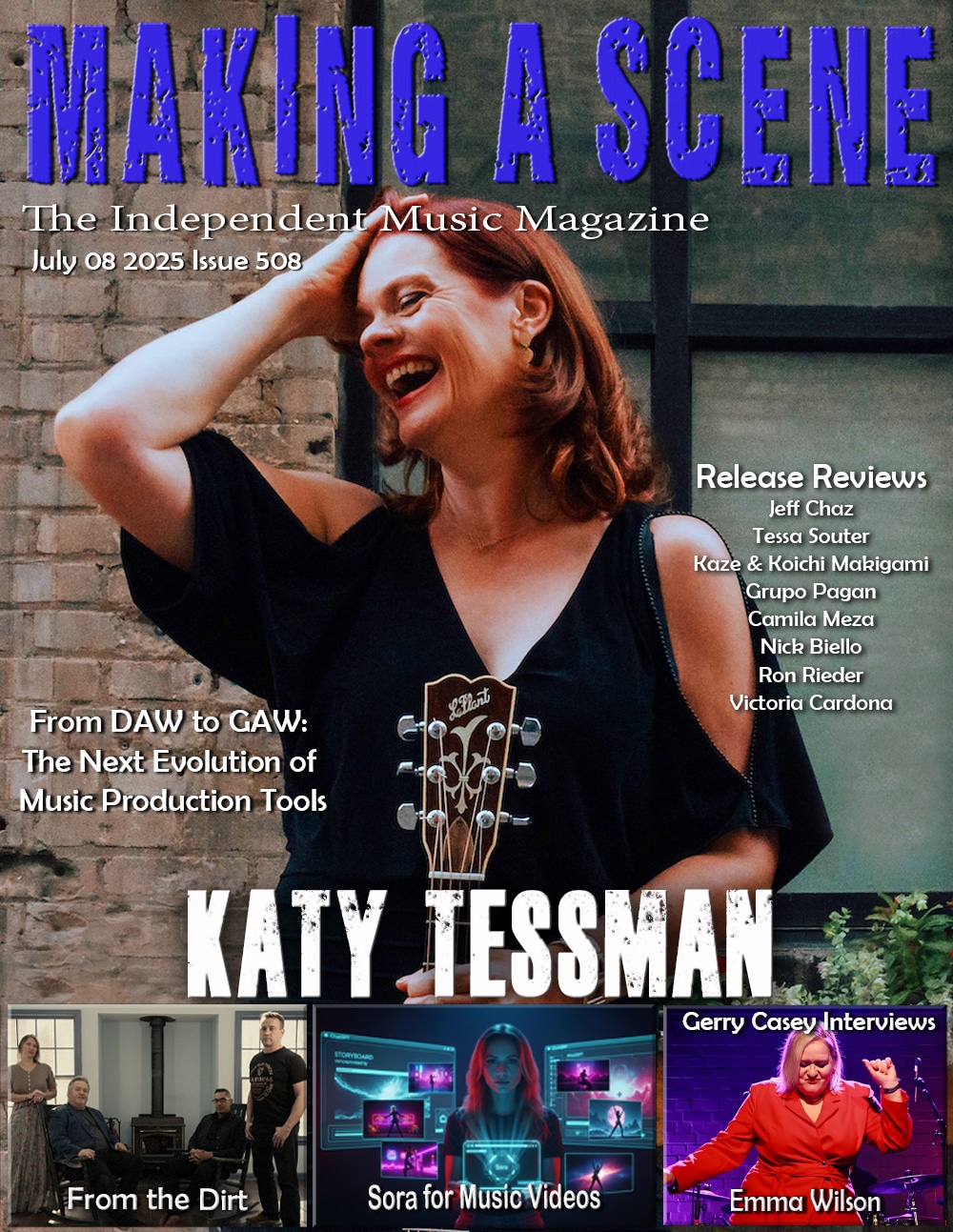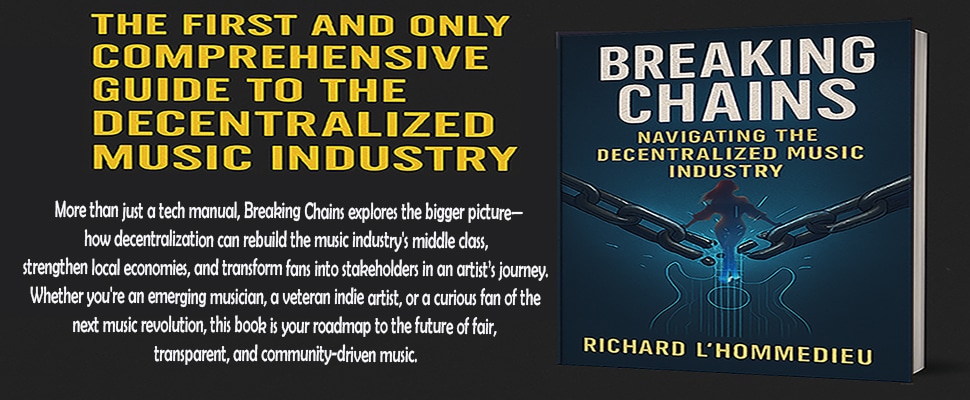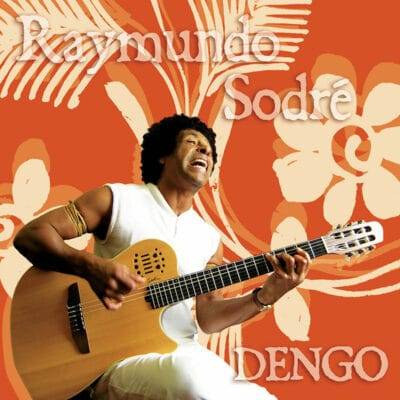Raymundo Sodré Dengo
Dengo
Ropeadope
Listening to the uplifting music of Raymundo Sodré for the first time evoked two references. His Brazilian music hails from the Nordeste (Northeast) and resembles the juju music from Nigeria. Casual listeners may in fact think that it is African music. Also, Charlie Musselwhite once explained to me in an interview that every country has its Mississippi Delta and Deep South, a rawer, more primitive music than one finds in the cities. At the time he was comparing the music of Cuban guitarist Eliades Ochoa from the eastern part of the country near Santiago de Cuba in comparison to the music of the Buena Vista Social Club in Havana. Similarly, this music is much different than the sambas and smooth sensual tones emanating from Rio and San Paulo.
Like most emotive music, just as blues, jazz, and gospel were born mostly from African origins in America, Sodré’s music, the primordial samba — chula — began in his region and later journeyed south to Rio de Janeiro to evolve into the national music of Brazil (“chula” is a Portuguese-language word meaning something of no value, now transmuted into a term of pride). The region is home to the massive Baía de Todos os Santos (Bay of All Saints) through which more enslaved humans landed than any other port-of-call throughout the history. So, from a suffering, deeply oppressed people came this music, which in character bears similarity to the protest music of Mali (Tinariwen for example) but as it unfolds here, it gets increasingly uplifting. This music originated before there was electricity, radio, and records. Generations have grown up in it.
Sodré, who has been playing music for more than five decades, is now a national hero, walking in the footsteps of Luiz Gonzaga and Jackson do Pandeiro. He, like his people, has humble beginnings but managed to score a major label deal and a nationwide smash in 1980 with the single “A Massa,” a rallying cry for the powerless, did not play well with the dictatorship that was ruling at the time. He fled the country to save his own life, living in France and returned nine years later. While he lived in Brazil’s larger cities, teaching guitar, making records, and playing in clubs, he now resides in his homeland. He is rebooting the promising career that the authorities stunted. Music born out of strife is usually the most meaningful, so kudos to Ropeadope for signing the premier artist from a little-known region of Brazil. As Sodré says, Where there’s misery, there’s music!
Sodré is the guitarist and vocalist and usually has accompaniment from this array of instruments – 12 string guitar, bass, accordion, drums, native instruments such as zabumba, moringa and pifano, flute, and various vocalists. Although primarily acoustic, like the previous references we also hear electric guitar as well as the occasional trumpet and trombone but only the accordion as the keyboard instrument. The only moderately melancholy moments are in the opener, “Sina de Cantador” and the closing “Mulher é Láco que Prende o Coração do Vaqueiro.” Joyous uplift abounds in between with such rousing tunes as “Magnetismo,” “Sacando a Cana,” the hit “A Massa,” and the horn driven “Ya Africa,” to name a few, but listeners are well advised to listen to the entire album. You will come away smiling.
- Jim Hynes
Buy Us a Cup of Coffee!
Join the movement in supporting Making a Scene, the premier independent resource for both emerging musicians and the dedicated fans who champion them.
We showcase this vibrant community that celebrates the raw talent and creative spirit driving the music industry forward. From insightful articles and in-depth interviews to exclusive content and insider tips, Making a Scene empowers artists to thrive and fans to discover their next favorite sound.
Together, let’s amplify the voices of independent musicians and forge unforgettable connections through the power of music
Make a one-time donation
Make a monthly donation
Make a yearly donation
Buy us a cup of Coffee!
Or enter a custom amount
Your contribution is appreciated.
Your contribution is appreciated.
Your contribution is appreciated.
DonateDonate monthlyDonate yearlyYou can donate directly through Paypal!
Subscribe to Our Newsletter
Order the New Book From Making a Scene
Breaking Chains – Navigating the Decentralized Music Industry
Breaking Chains is a groundbreaking guide for independent musicians ready to take control of their careers in the rapidly evolving world of decentralized music. From blockchain-powered royalties to NFTs, DAOs, and smart contracts, this book breaks down complex Web3 concepts into practical strategies that help artists earn more, connect directly with fans, and retain creative freedom. With real-world examples, platform recommendations, and step-by-step guidance, it empowers musicians to bypass traditional gatekeepers and build sustainable careers on their own terms.
More than just a tech manual, Breaking Chains explores the bigger picture—how decentralization can rebuild the music industry’s middle class, strengthen local economies, and transform fans into stakeholders in an artist’s journey. Whether you’re an emerging musician, a veteran indie artist, or a curious fan of the next music revolution, this book is your roadmap to the future of fair, transparent, and community-driven music.
Get your Limited Edition Signed and Numbered (Only 50 copies Available) Free Shipping Included
Discover more from Making A Scene!
Subscribe to get the latest posts sent to your email.











